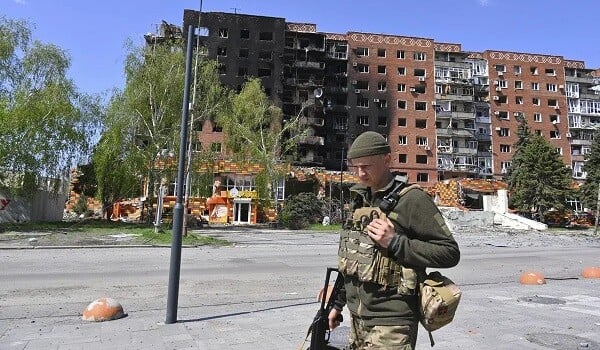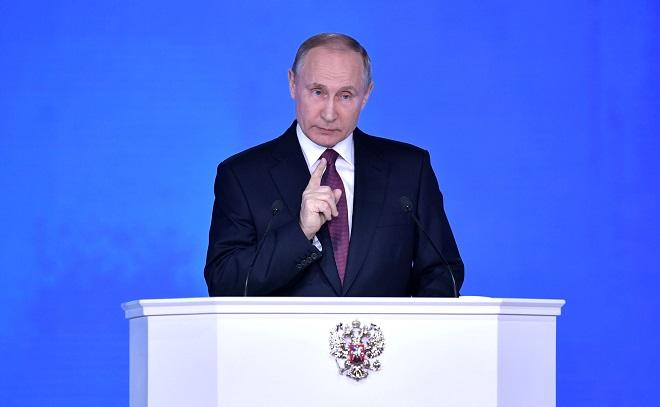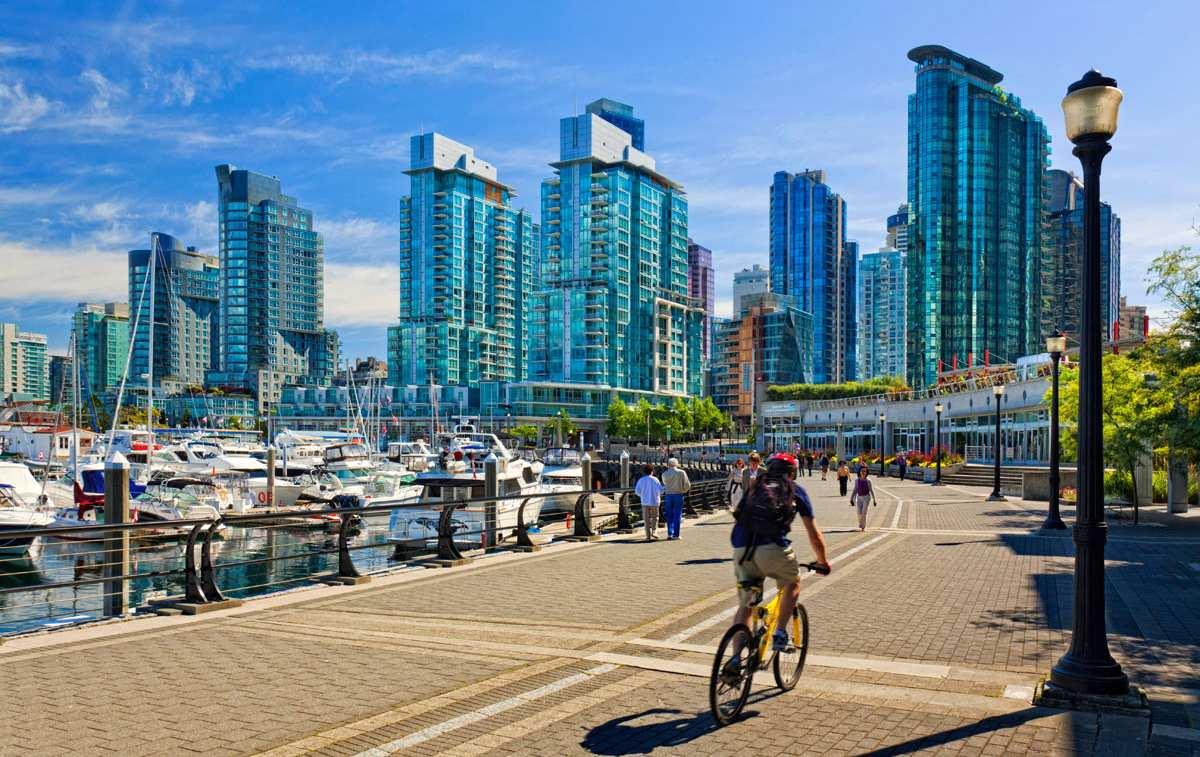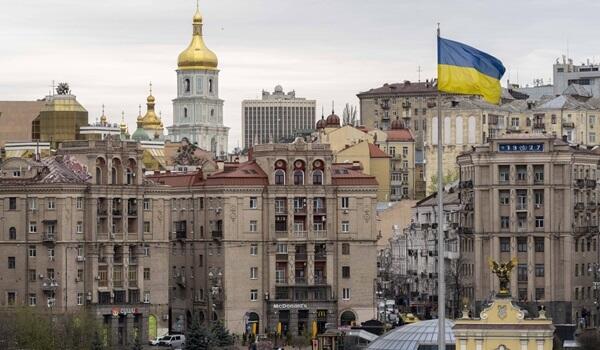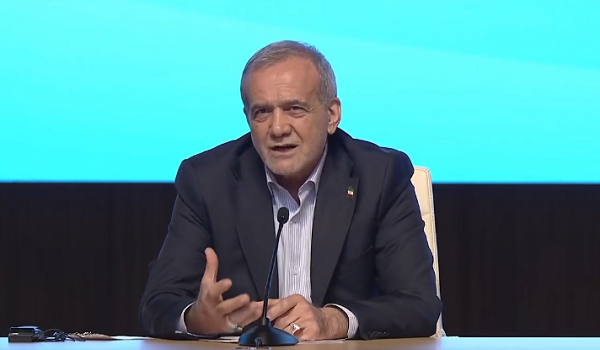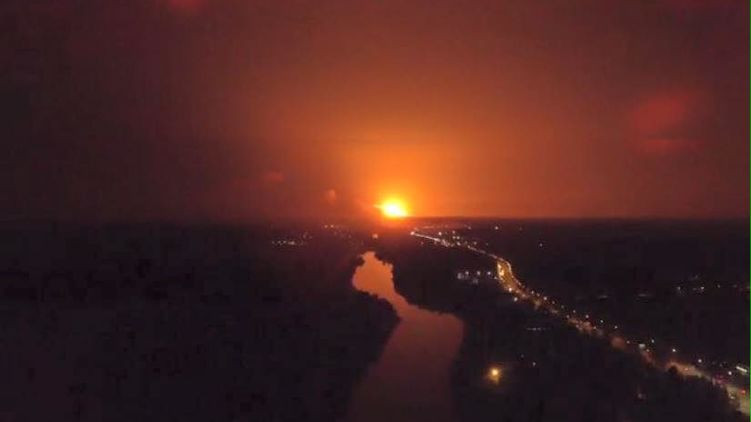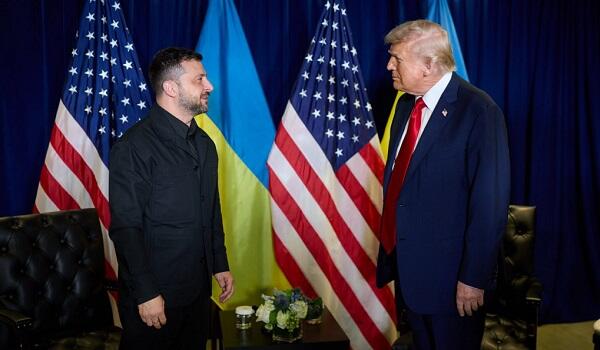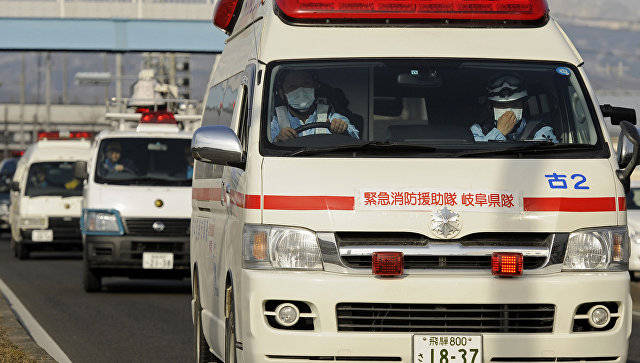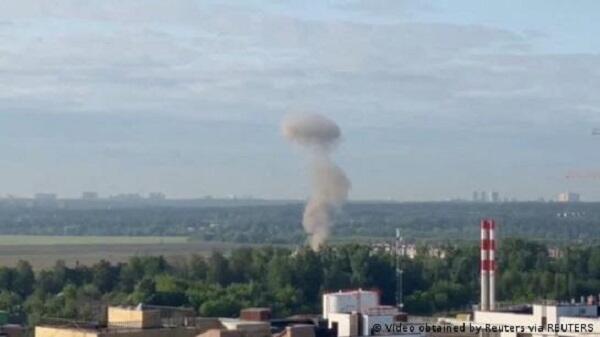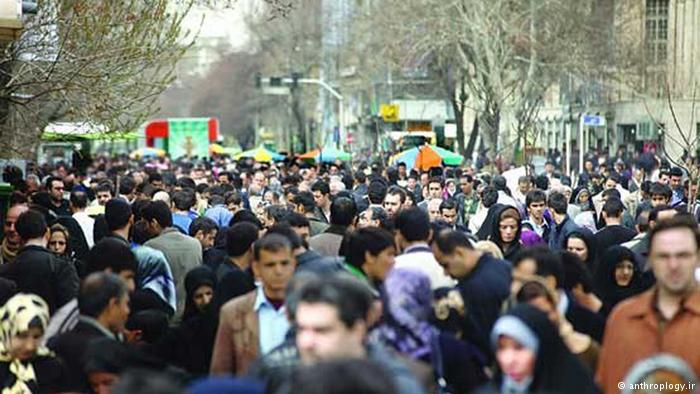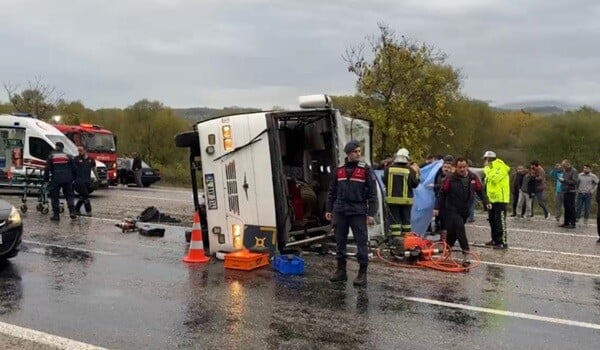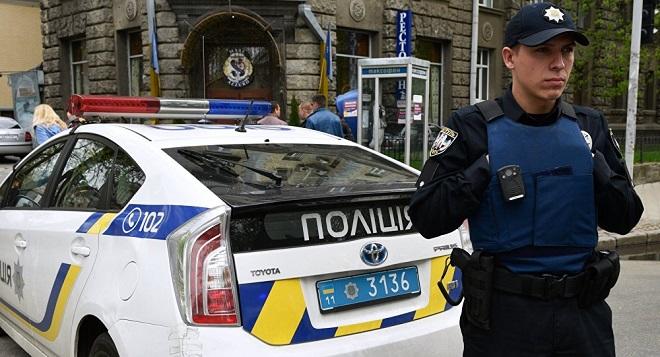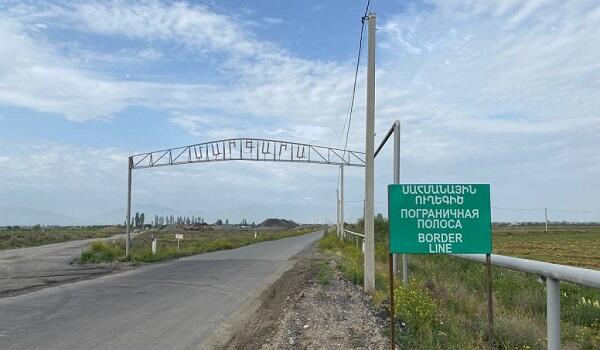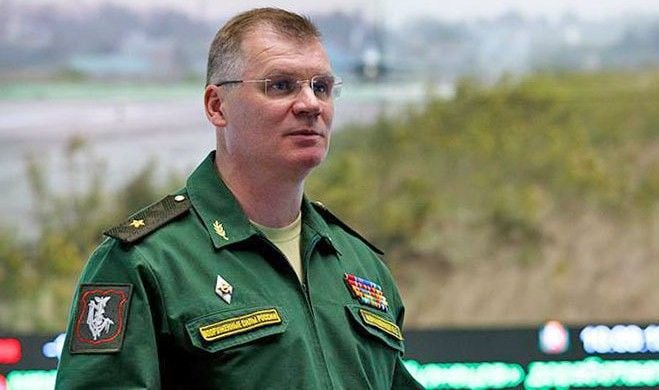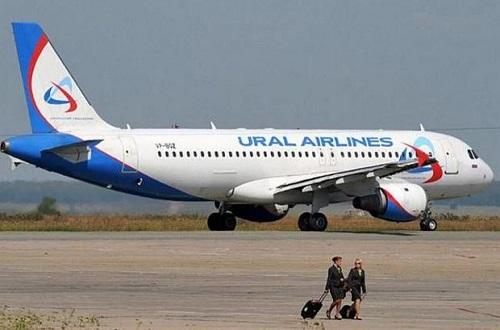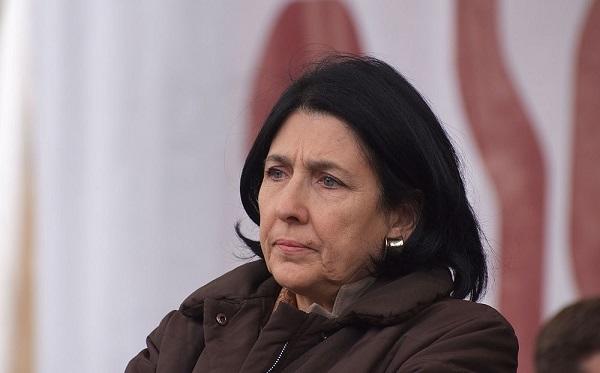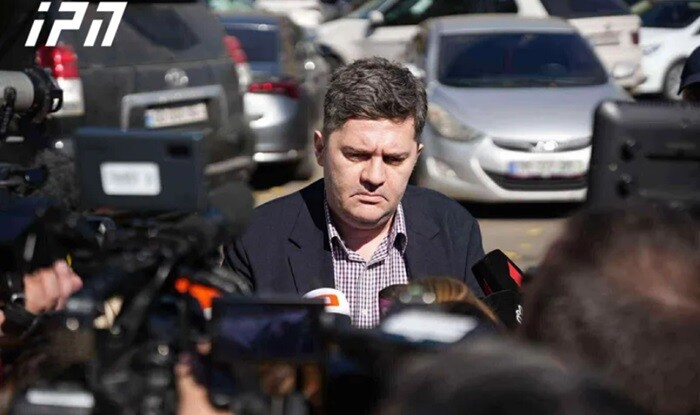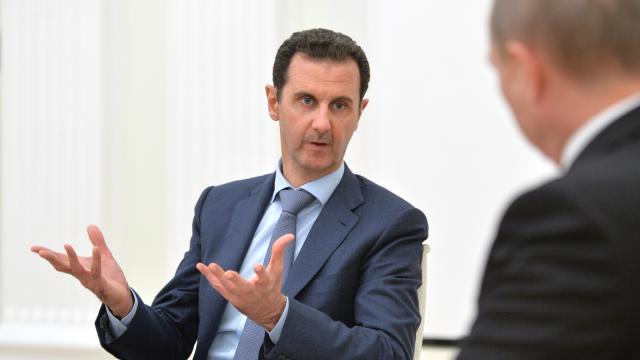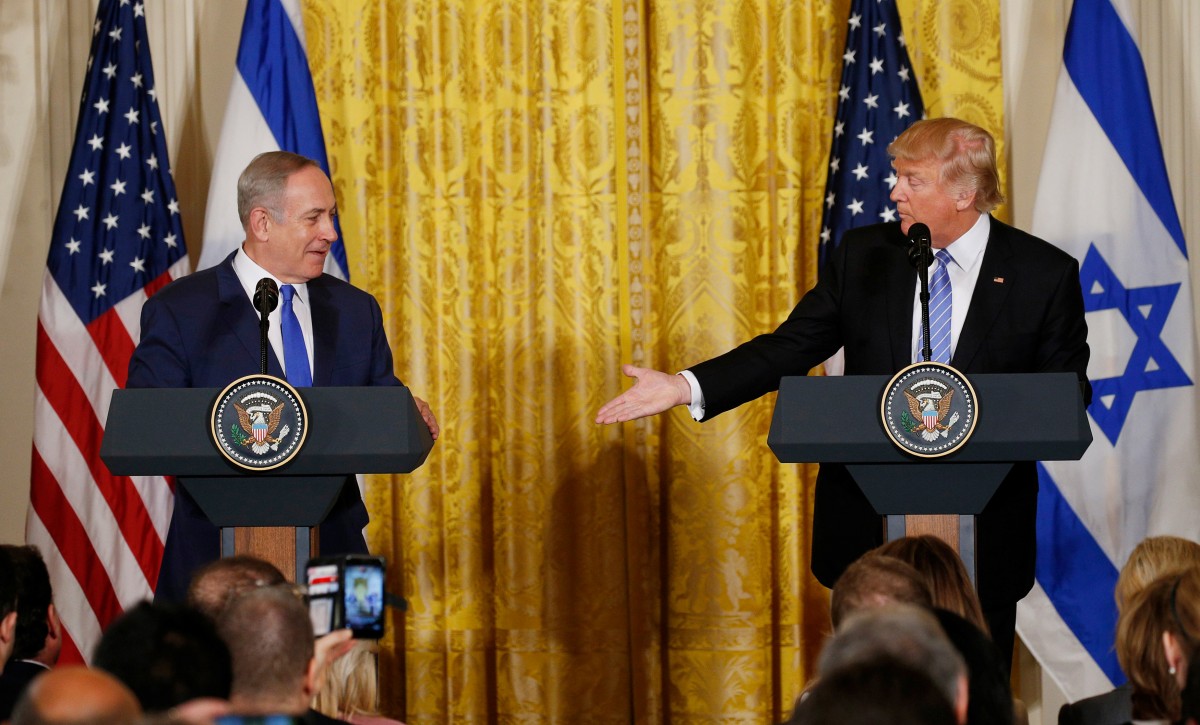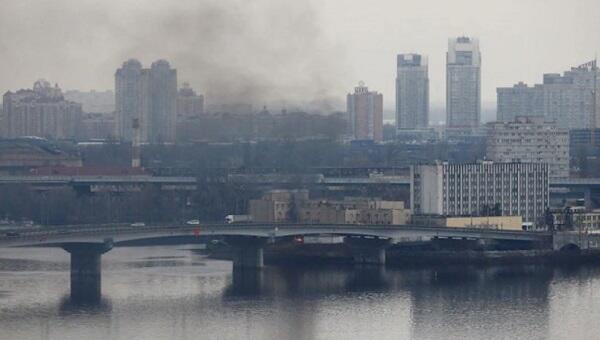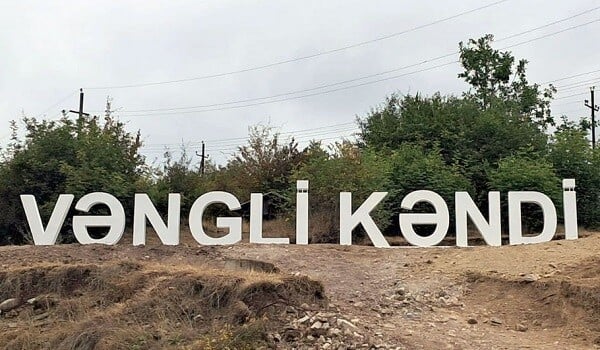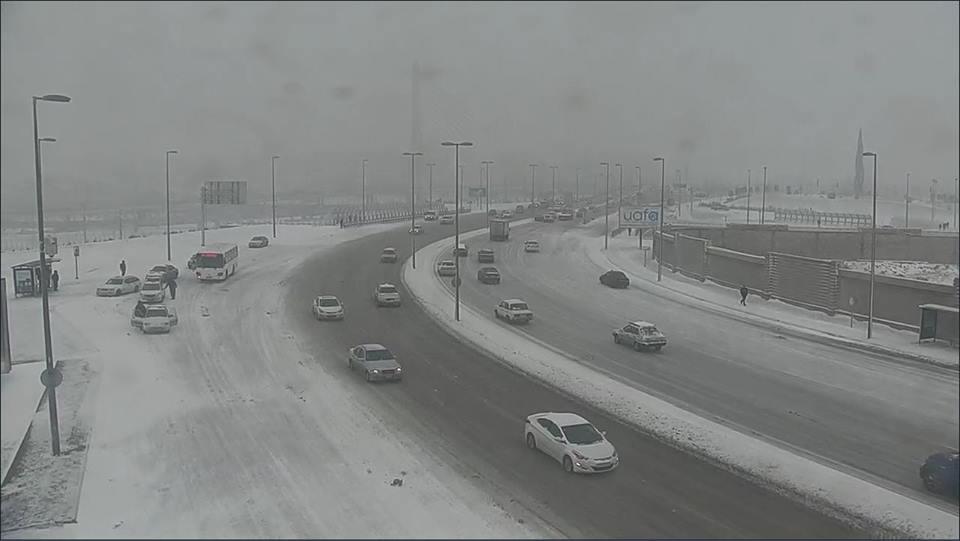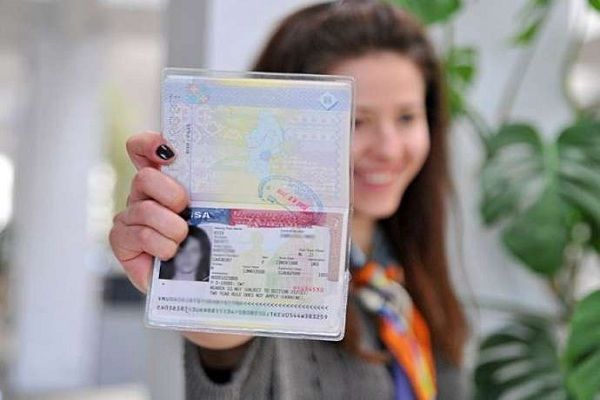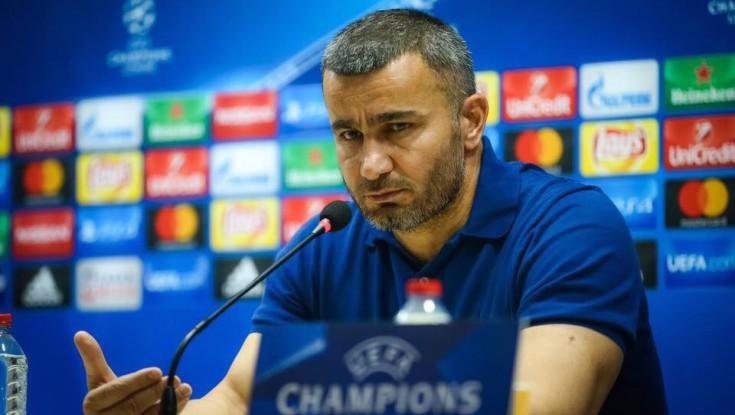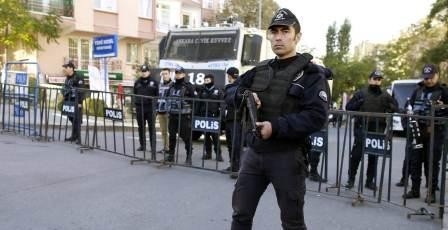Turkish officials defended the controversial mass
arrests of a dozen lawmakers from the nation’s major pro-Kurdish
party, while the nation braced for possible violent reactions to
the latest crackdown against President Recep Tayyip Erdogan’s
political opposition.
Turkish authorities in overnight raids detained the leaders of
Peoples’ Democratic Party, Selahattin Demirtas and Figen Yuksekdag,
as well as nine others for defying subpoenas to testify in
connection with terrorism-related charges. Prosecutors have
recommended their arrest until trial.
The detentions mark the government’s most significant step yet
against pro-Kurdish politicians since it began a sweeping crackdown
in response to the failed coup attempt in July. The HDP’s
popularity has soared under the leadership of Mr. Demirtas, who
emerged as a popular challenger to check Mr. Erdogan’s expanding
power.
Mr. Erdogan accuses the party, known as the HDP, of supporting
the Kurdistan People’s Party, the outlawed Kurdish militant group
seeking autonomy in Turkey’s mainly Kurdish regions. Earlier this
year, his ruling party voted to strip the lawmakers of their
parliamentary immunity to allow them to be charged under the
nation’s terrorism laws.
The HDP, which has 59 deputies in the 550-member parliament,
rejects violence and has attracted voters from across Turkey’s
political spectrum in part due to its policy of a negotiated peace
deal to end the nation’s long-running insurgency that has killed
more than 40,000 people.
Justice Minister Bekir Bozdag defended the arrests as a move
demanded by Turkish law since the officials have broken court
procedure by refusing to submit statements in the investigation
against them.
"The detained members of parliament didn’t maintain the law.
They didn’t recognize the law. [The authorities] are meeting the
requirements of our constitution and state of law. This is a
natural right," Mr. Bozdag said.
Mr. Demirtas in a statement submitted to the court Friday
denounced the process as political theater.
Immediate reaction to the arrests was swift. A car bomb exploded
Friday morning outside a security headquarters in Diyarbakir, the
nation’s largest Kurdish-majority city, where Mr. Demirtas lives
and was detained. At least eight people, including five civilians,
were killed in the blast, according to Turkish officials. There was
no immediate claim of responsibility, although the government
blamed the Kurdistan People’s Party, known as the PKK.
An umbrella organization of Kurdish militants known by its
initials KCK issued a statement published in pro-militant Kurdish
media calling for all Kurds to take to the streets to resist what
they called Mr. Erdogan’s "fascism."
Meanwhile, internet access around Turkey remained throttled,
preventing access to many popular social-media platforms including
Twitter, Facebook and YouTube. Prime Minister Binali Yildirim said
in remarks covered live on Turkish television that the move was
necessary as a temporary security precaution and would be reversed
only when conditions allowed.
The Turkish currency sunk to a record low against the U.S.
dollar, and financial markets also suffered losses.
The leader of Turkey’s largest opposition parliamentary bloc
chastised the government for jailing his HDP colleagues, saying it
was sure to destabilize the country already on edge due to
increased security threats by Islamic State and the widening
purge.
"If you put our elected leaders in jail then you will never
bring peace to this country," said Kemal Kilicdaroglu, the head of
the Republican People’s Party, or CHP. "Turkey is not being managed
well, and this is a perception that is damaging Turkey’s
credibility in the world."
The HDP crackdown marks the latest in several waves of arrests
around Turkey since the failed July coup. Mr. Erdogan has accused
the U.S.-based imam Fethullah Gulen of masterminding the putsch,
but has used its expanded powers under the current state of
emergency to move against both his alleged supporters in Turkey as
well as terrorist threats, including the Kurdish insurgency.
Both the European Union and the U.S. have repeatedly warned
Turkish leaders against sweeping measures that not only target
alleged coup-plotters, but also silence the opposition and stoke
the Kurdish conflict in the country’s southeast.
"Very bad news from Turkey. Again," the European Parliament’s
Turkey Rapporteur Kati Pari said in a tweet early Friday.
The PKK, which is listed as a terrorist organization by Turkey
and its North Atlantic Treaty Organization allies, has fought for
Kurdish autonomy in southeast Turkey since 1984. Mr. Erdogan
oversaw a brief truce and started peace talks with the movement in
2013, using the HDP as a mediator due to its standing within
Turkey’s large Kurdish minority. Those talks crumbled last year, in
part due to a larger-than-expected national electoral victory for
the HDP that briefly ended Mr. Erdogan’s Justice and Development
Party’s long-running majority in parliament.
The Interior Ministry said Friday that prosecutors are seeking
to detain 15 lawmakers from the HDP.
While the government said the measure was to make HDP deputies
testify, a significant number of HDP officials who have been taken
under custody for depositions have been arrested pending trial,
according to the party.
HDP lawmakers, led by Mr. Demirtas and Ms. Yuksekdag, defied
prosecutors’ demands that they testify, accusing the government of
seeking to undermine elected officials and civilian politics amid a
surge in violence. More than 2,200 civilians, Turkish security
forces and Kurdish militants have been killed since the resumption
of fighting last year.
